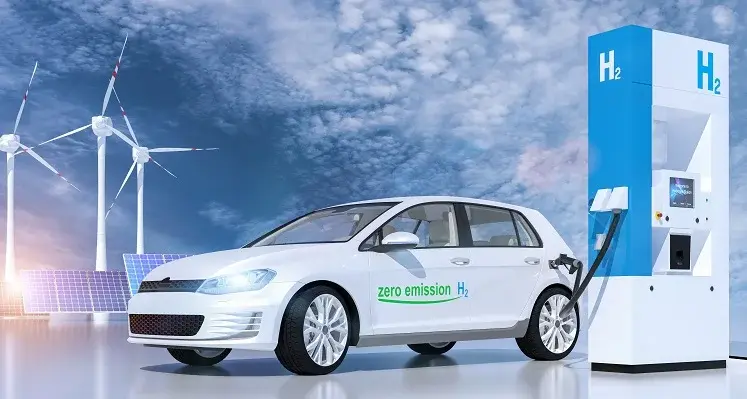The majority of signatories to the Oil & Gas Decarbonization Charter (OGDC) are on track to meet its goals, according to a progress report
The Oil & Gas Decarbonization Charter (OGDC) is one of the landmark initiatives launched at COP28, with objectives including net zero operations by 2050, and reduction of methane emissions to near zero and the elimination of flaring by 2030. 54 oil and gas companies - representing almost 45% of global oil production, have signed up to the Charter.
In the past 12 months, OGDC has established a governance framework and launched a survey to determine signatories’ emissions reduction ambitions and implementation plans to set a baseline to track future progress.
OGDC has also implemented a Collaborate & Share program to disseminate solutions, promote peer-to-peer collaboration and encourage the adoption of best practices to reduce emissions. The initiative has also attracted three new members, with Oil India Limited, PetroChina and Vår Energi joining.
“We are proud of the 54 companies that have already signed up to the Charter and are encouraged by the extent of their engagement in this first major piece of work that helps to establish a base on which to build future success,” said OGDC’s three CEO Champions and founding members – Abu Dhabi National Oil Company (ADNOC) CEO Sultan Al Jaber, Aramco CEO Amin Nasser and TotalEnergies chairman and CEO Patrick Pouyanné, in a joint statement.
Investing in future energies
According to the survey, most of the signatories are already investing in future energies, including renewable energy, energy storage, low-carbon fuels, hydrogen, methane abatement, carbon capture utilisation and storage (CCUS) and carbon removals technologies, and plan to increase investments.
Bjorn Otto Sverdrup, the head of the OGDC Secretariat said: “A survey of oil and gas industry climate performance has never been attempted on this scale. Participants ranged from companies that pioneered decarbonisation decades ago to those still in the early phases – all with different capabilities and reporting methods. The lessons learned will be used to improve reporting visibility and data quality and to create more targeted programs.”
Over the next year, OGDC will focus on providing the resources and guidance the signatories need to reduce their GHG emissions, methane emissions and flaring. OGDC will also help signatories to shape their net-zero roadmaps and develop emissions reporting to ensure progress can be tracked and to demonstrate how collective action can deliver positive climate impact on a global scale.







